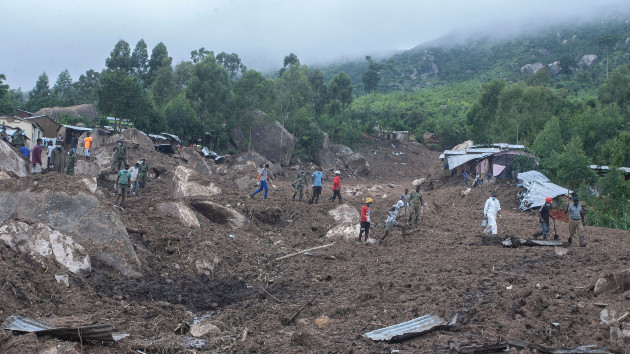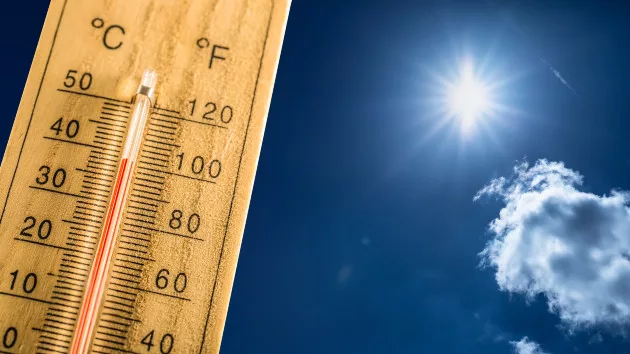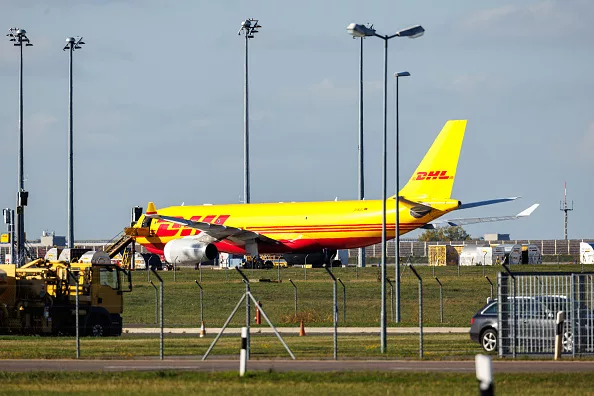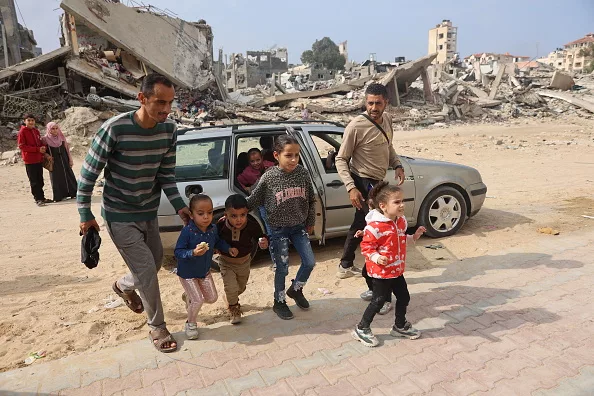
(LONDON) — “Let me tell you, it is a serious situation. It is a tragedy,” says Paul Turnbull, Malawi Country Director of the World Food Programme.
He is talking about the aftermath of Cyclone Freddy, one of the deadliest and long-lived tropical cyclones to have ever been recorded in Southern Africa.
In the trail of its double landfall, Cyclone Freddy has left a death toll of at least 522 people across Malawi, Mozambique and Madagascar and displaced tens of thousands. Hundreds still remain missing.
“The United States expresses our deep sadness at the tragic loss of life and destruction across the Southern African region in the aftermath of Cyclone Freddy,” a USAID spokesperson told ABC News.
In Malawi — which was worst hit by Cyclone Freddy as it experienced the equivalent of six months of rainfall in just six days — President Lazarus Chakwera said almost half the nation had been damaged by Cyclone Freddy.
“The damage is across 13 districts, almost half of the country, and it is not just the numbers of our people who have lost their lives, but the damage and devastation,” Chakwera said.
Malawi’s Department of Disaster Management Affairs (DoDMA) said in a statement that 553,614 people have been displaced in the Southern African nation with 543 camps set up nationwide to accommodate the displaced.
“We had been trying to build back from Cyclone Idai in 2019, and then the pandemic, now Freddy,” said Chakwera. “It’s not just here and there, we are at the receiving end of the worst of the climate change.”
The death toll in Malawi is expected to rise as search, rescue and recovery operations continue in Malawi’s Nsanje and Phalombe districts.
Cyclone Freddy has also left a trail of devastation in Mozambique where at least 165 people have died according to Malawi’s government, and 886,467 people have been affected.
Mozambique has experienced disruption to essential services and flooding, with damage to water and sanitation infrastructure leading experts to raise concerns over the threat of cholera. According to UNICEF, nearly 10,000 cholera cases have been reported in Mozambique, more than tripling since February.
“We are now facing a very real risk of a rapidly accelerating cholera outbreak in Mozambique, a disease which is particularly dangerous for young children, especially those who are malnourished,” said Maria Luisa Fornara, UNICEF representative to Mozambique.
The neighboring island of Madagascar, where Cyclone Freddy first made landfall on Feb. 21, was spared from the worst of the storm but the island is still rebuilding from the impacts of a previous cyclone — Cyclone Cheneso — which hit the island in January, killing 30.
At least 17 have been killed by Cyclone Freddy in Madagascar and nearly 300,000 have been affected.
The Intergovernmental Panel on Climate Change (IPCC) anticipates that climate change will increase the “frequency and intensity” of extreme weather and of heavy precipitation events almost everywhere in Africa and, as surface sea temperature warms, Africa has experienced four times as many storms and over double the number of cyclones since 1970.
Copyright © 2023, ABC Audio. All rights reserved.








